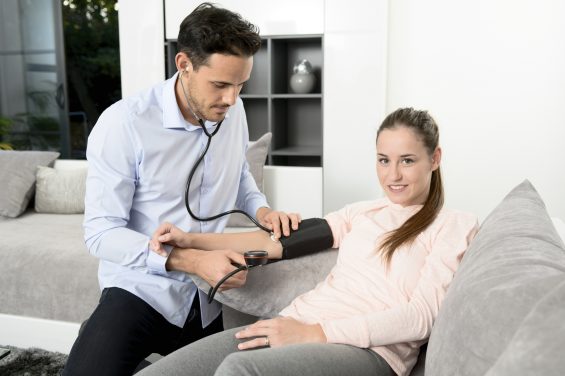
Before booking a home doctor, many people tend to question whether or not they are seeking the correct medical attention. As a home doctor service, we have put together three of the top reasons our doctors are usually called.
Potentially the main reason our doctors are called is for sprains, strains, and pains. Examples of usual cases include sporting injuries, work-related injuries, acute sprains and neck, back or hip pain.
If you are unsure as to whether you require medical attention from a home doctor, some indicators can include:
Alternatively, if you feel you may be suffering from a strain or sprain, some signs may include:
A common misconception some patients believe is that their injury does not require medical attention is it simply seems minor. However, if you are suffering from an injury, you should seek medical attention, so a doctor can exclude the possibility of serious injury, particularly a case where advanced treatment may be necessary.
Examples of treatment a home doctor may advise include:
Gastroenteritis
Gastroenteritis, commonly known as gastro, is a highly contagious infection many of our patients seek medical attention for. The reason gastro requires medical attention is because the appropriate treatment needs to be advised, depending on the severity of the cases. In most instances, a home doctor will simply advise for the patient to increase their fluid intake with available methods (such as oral rehydration drinks).
If a patient has a severe case of gastro, they may require admission to a hospital for intravenous fluid replacement – meaning the fluid will be administered into the patient’s veins.
If you are uncertain as to whether you may or may not have gastro, a few signs to look out for include:
Though signs of gastro usually last up to two days, it is imperative to seek medical attention. The reason for this is because the main complication for cases of gastro is dehydration, and this can then lead to severe cases if not treated correctly.
Skin infections
Working as a home doctor, another usual reason to be called is for skin infections. A few common examples include:
*
Be the first to comment.